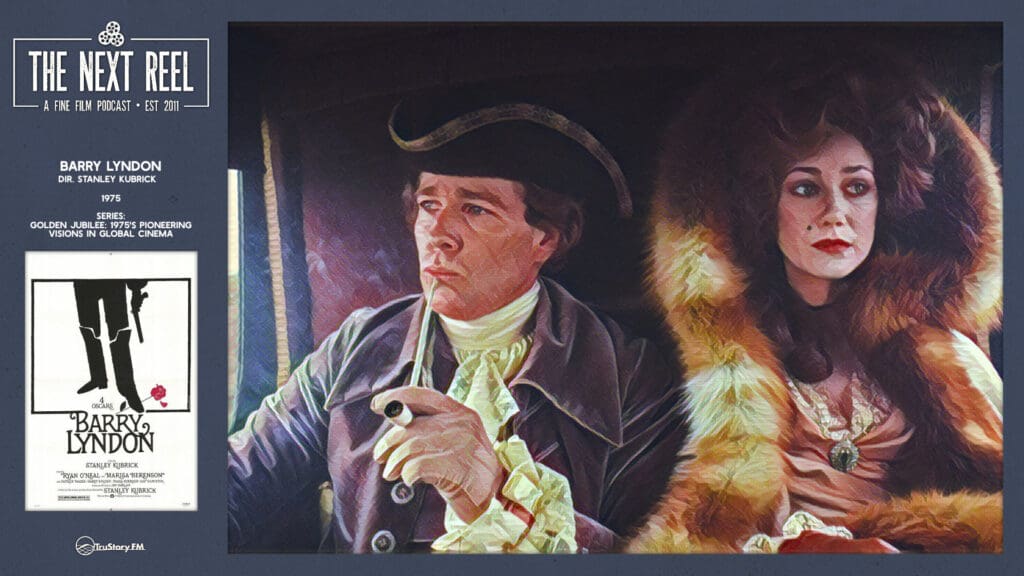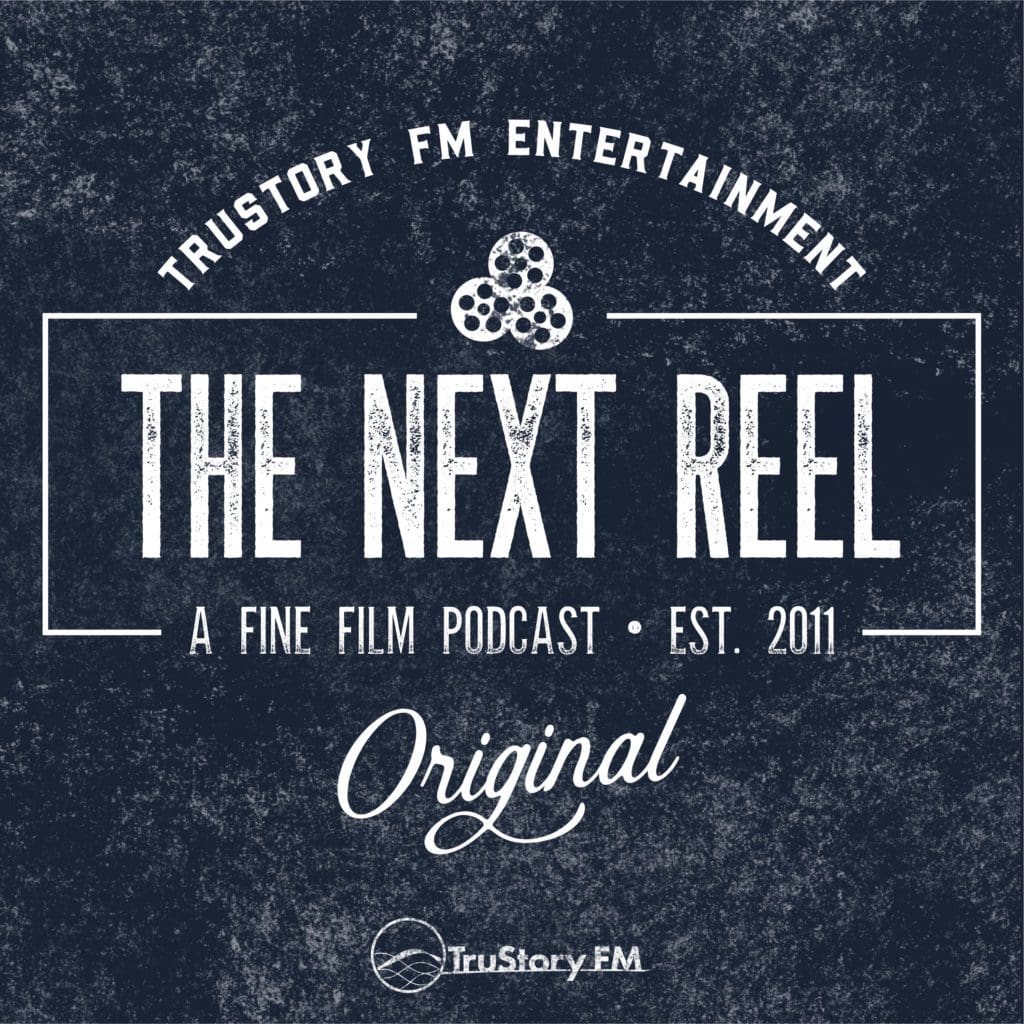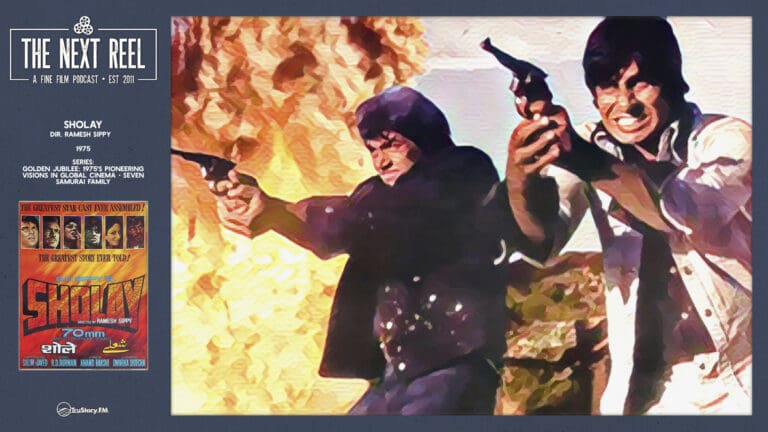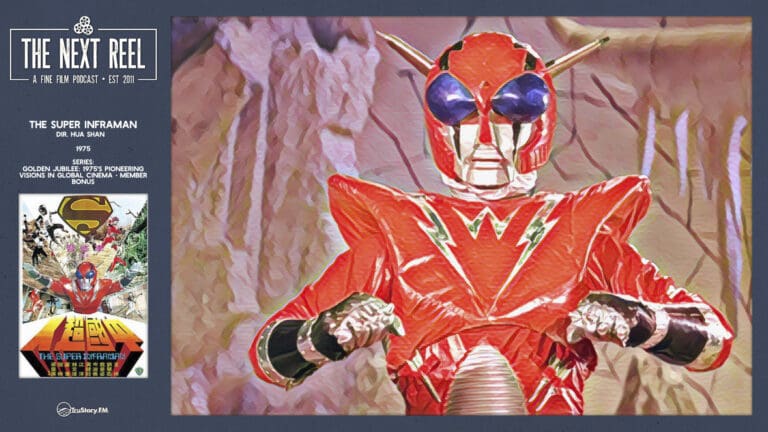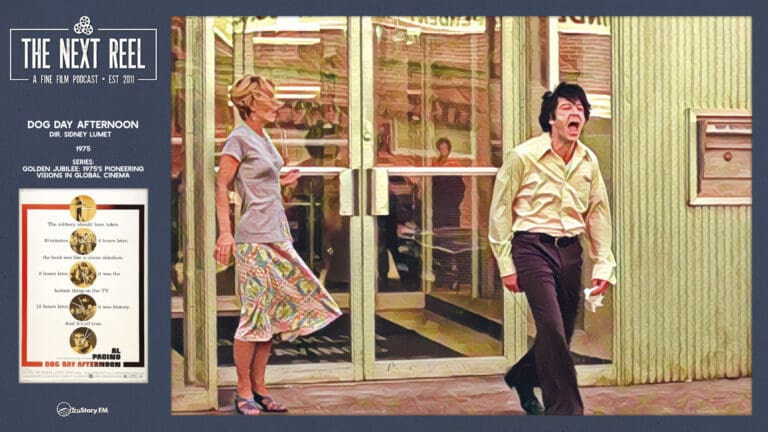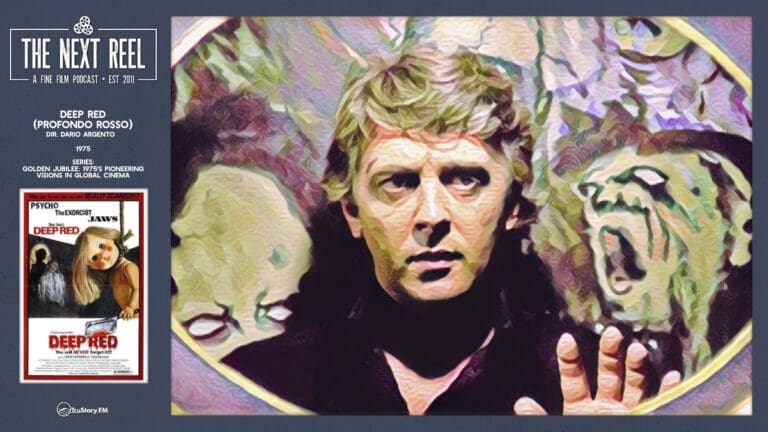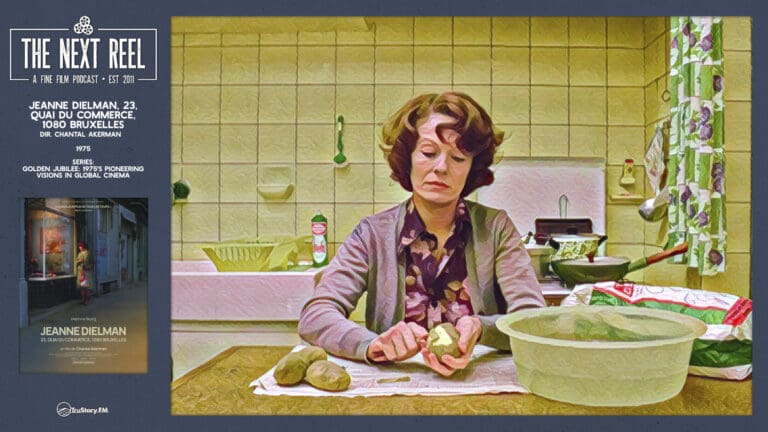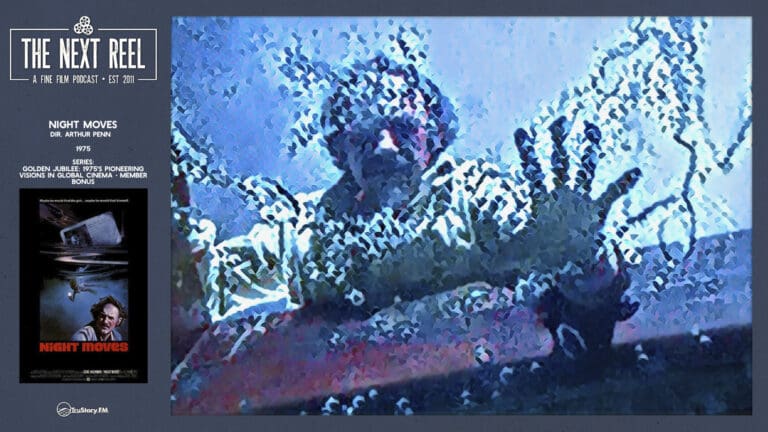From Novel to Screen: Kubrick’s Aristocratic Satire
Stanley Kubrick’s 1975 period drama Barry Lyndon transforms William Makepeace Thackeray’s novel into a visually stunning examination of 18th-century European aristocracy. Starring Ryan O’Neal as the opportunistic Irish rogue Redmond Barry, the film employed groundbreaking NASA-developed lenses to capture authentic candlelit scenes. Originally met with mixed commercial success despite critical acclaim, the film has since been recognized as a masterpiece of cinematography and historical storytelling. Join us—Pete Wright and Andy Nelson—as we kick off our Golden Jubilee: 1975’s Pioneering Visions in Global Cinema series with a conversation about Barry Lyndon.
The Power of Narration
We explore how the third-person narrator fundamentally shapes the film’s storytelling, with Pete surprisingly defending its necessity—notable given his general skepticism toward voiceovers. We discuss Kubrick’s deliberate deviation from Thackeray’s first-person narrative, creating an omniscient perspective that enhances the film’s satirical elements.
Character and Performance
We delve into Ryan O’Neal’s portrayal of Barry, examining how his sometimes vacant performance effectively serves the character’s journey from ambitious young man to failed aristocrat. We analyze Barry’s relationship with Lord Bullingdon and the complex family dynamics that ultimately lead to his downfall.
Technical Mastery
Discussion points include:
- The revolutionary use of NASA-developed Zeiss lenses for candlelit scenes
- Kubrick’s distinctive application of zoom shots and tracking shots
- The effective use of classical music, particularly Handel’s Sarabande
- The film’s painterly composition, inspired by period artwork
- The meticulous attention to period detail in costumes and sets
Contemporary Relevance
Pete draws fascinating parallels between Barry’s story and modern capitalism, comparing him to a “18th-century gig worker” while Andy explores how the film’s themes of social climbing and aristocratic fragility remain relevant today.
Final Thoughts
We both express deep appreciation for the film’s artistic achievements and thematic complexity, despite its deliberate pacing. We have a great time talking about it, so check it out then tune in. The Next Reel—when the movie ends, our conversation begins!
🎬 Watch & Discover
- 🎥 See Our Full Conversation on YouTube
- 🍿 Watch the Film: Apple TV | Amazon | Letterboxd
- 📽️ Original Theatrical Trailer
- 📚 Adapted from The Luck of Barry Lyndon by William Makepeace Thackeray







